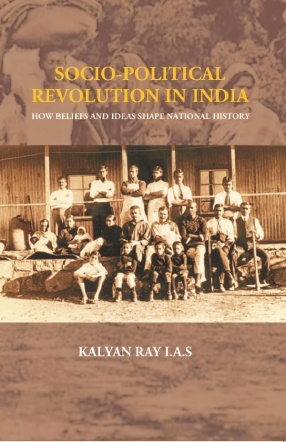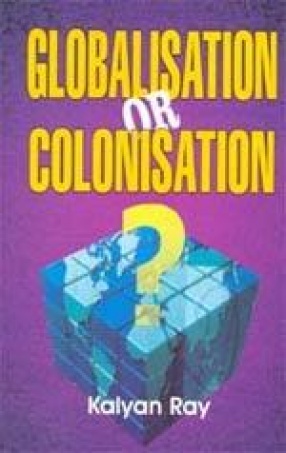Socio-Political Revolution in India: How Beliefs and Ideas Shape National History
Book deals with contradictions in the Indian social system and how these have been gradually reduced through a liberal scientific education system. This created a pan-Indian outlook and helped in the emergence of the Indian nation. Concept of Nation State emerged only in the late nineteenth century in Europe.
Book discusses how a belief system has governed the people for ages. A large section of Indian population was self administered through a belief in destiny. Subjected to foreign invasion for centuries, Indian society retreated to the self governing caste system to ensure its continuity.
Various phases of the freedom struggle have been discussed. Major achievement was to keep the country united against fissiparous forces by providing an All-India platform. Constitutional method of struggle started from 1885, had a major role in achieving a united India and building up the infrastructure of a modern state. Non–violent movement of Mahatma Gandhi was a continuation of this method.
Contents: Preface. 1. Evolution of education system in India. 2. English education system creates social revolution. 3. Liberal education and emergence of new socio-economic pattern in India. 4. Emergence of Indian nationalism. 5. Commercial colonisation replaces religious colonisation. 6. System of self rule in medieval India. 7. Development of nationalism and evolution of the Indian nation. 8. Differences on the road to freedom. References. Appendices. Index.
Get it now and save 10%
BECOME A MEMBER










Bibliographic information